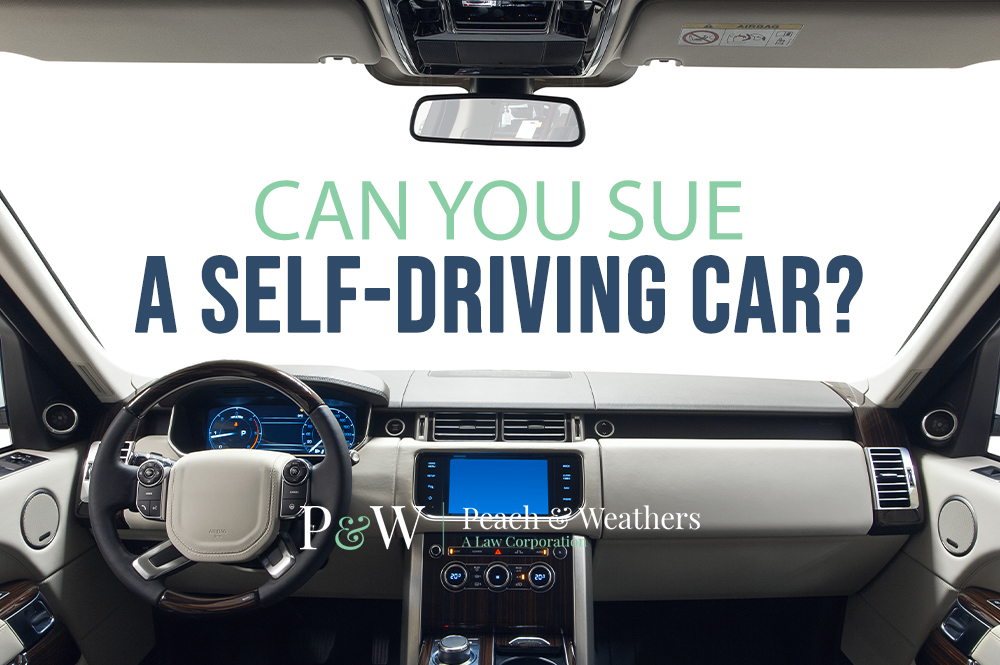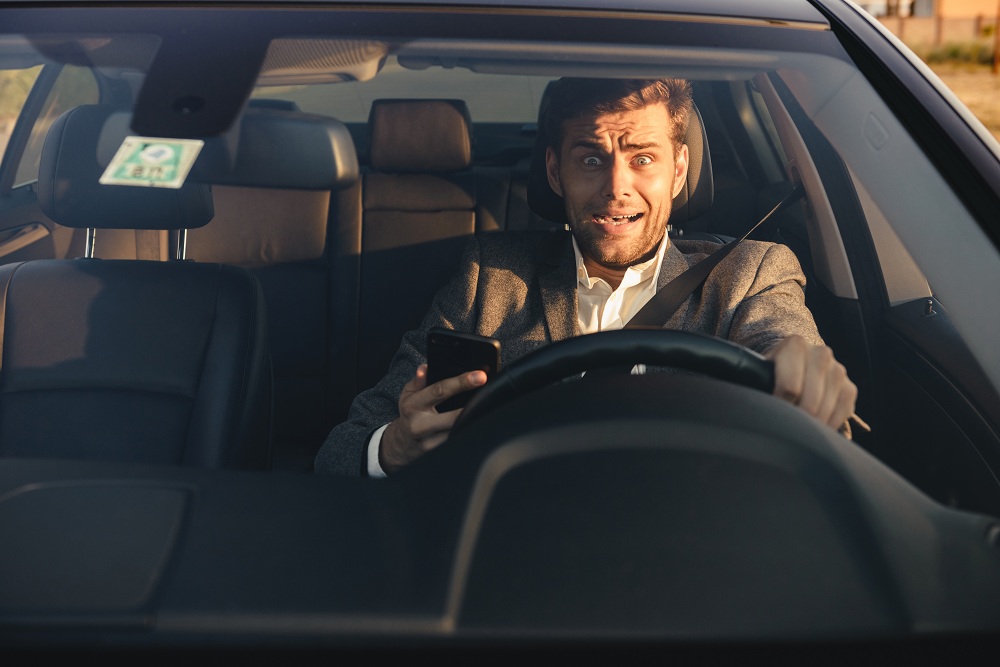
In 1989, Back to the Future imagined the world in 2015. They got some things right- certain forms of automation, eyewear reminiscent of Google Glass, and face recognition technology. However, they missed the mark when it came to the Future of cars. Marty McFly would be surprised to find that it was not flying cars in his Future, but ones that drove themselves. And today, as more and more self-driving vehicles take to the streets, we’re beginning to conclude that the future really is here and now.
However, change and new technology are not as simply integrated into society as the movie would have you believe. There are several implications, legally, socially, and economically, that accompany a world trending toward automation. And self-driving cars are among the most controversial.

Three fatalities involving self-driving cars:
- In May 2016, a Tesla Model S Autopilot crashed into an 18 wheeler, killing its owner, Joshua Brown. Upon investigation, it was found that the technology could not detect the truck due to its height and a strong glare from the sun.
- In July 2016, Gao Jubin filed a lawsuit against Tesla on behalf of his son, Gao Yaning who was killed in a Tesla Model S Autopilot crash earlier that year in China.
- In March 2018, the first pedestrian killed by a fully automated car was struck in Tempe, Arizona.
These instances of injury or death inflicted by self-driving vehicles are inherently more complex than typical human-caused car accidents. And the production of autonomous cars is happening faster than laws can be enacted. So, there are several points of confusion for this matter.
The first Federal Automated Vehicles Policy was created in September 2016. It provides a uniform set of safety regulations with a 15 point list of safety checks for manufacturers. Additionally, to reduce the inconsistencies of autonomous vehicle law, the National Highway Traffic Safety Administration (NHTSA) was awarded oversight of their operation. However, this has raised concern among some Americans. This legislative decision would increase the number of self-driving vehicles to at least 80,000 per manufacturer. As such, skeptical US citizens of autonomous vehicles fear they would be subject to untested cars on public roads.

